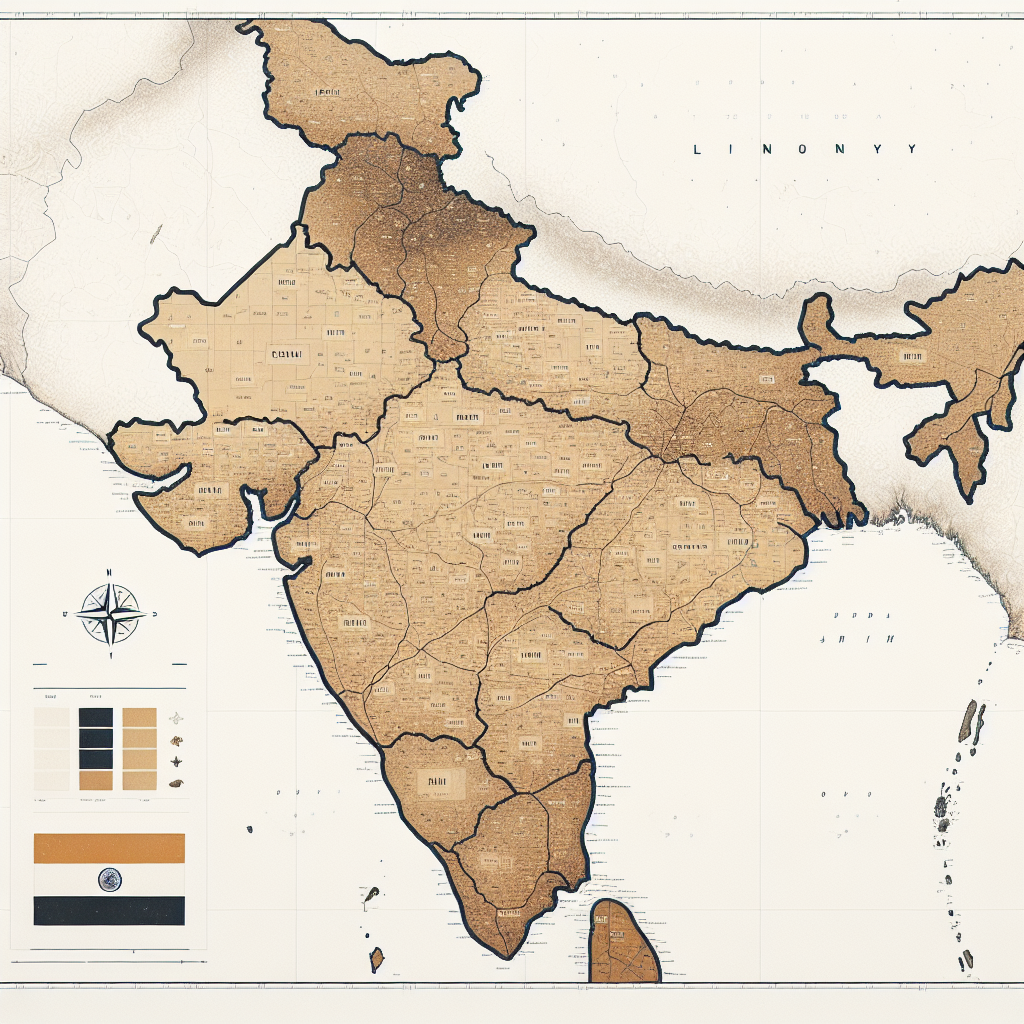FBAR Guide for Americans with Assets in Iraq
Table of Contents
- Overview
- What is FBAR?
- Who Must File FBAR?
- Reporting Basics
- Iraq FBAR & IRS Compliance
- 10 Key Points for Americans with Assets in Iraq Filing FBAR
- Iraq-Specific Reporting Requirements
- Additional Financial Assets and Income from Iraq
- Compliance and Tax Considerations for Americans with Iraqi Assets
- Frequently Asked Questions (FAQs)
- File Your FBAR Now
Overview
Managing financial accounts across borders can be complex. Amid financial interdependence between the United States and Iraq, it's vital for U.S. citizens with Iraqi assets to understand Foreign Bank and Financial Accounts Report (FBAR) necessities. Ignorance isn't bliss here; it can mean hefty penalties. Awareness and compliance are your safety nets.

What is FBAR?
The FBAR is a requirement for U.S. persons to report foreign financial accounts exceeding $10,000 at any point in the calendar year, filed electronically with the Financial Crimes Enforcement Network (FinCEN).
Who Must File FBAR?
- U.S. Citizens, including those residing or with assets in Iraq.
- Lawful Permanent Residents.
- Foreign Nationals on the substantial presence test in the U.S.
Reporting Basics
Aggregate the value of all foreign financial accounts. Surpassing $10,000 at any time during the year triggers the FBAR filing requirement. April 15 is the deadline, with an automatic extension to October.

Iraq FBAR & IRS Compliance
U.S. expatriates in Iraq are under the watchful eyes of the IRS; hence, compliance with both FBAR and IRS regulations regarding foreign accounts and assets is paramount. This includes a broad range of financial instruments, from savings to securities.
10 Key Points for Americans with Assets in Iraq Filing FBAR
- FBAR is separate from your tax return, requiring distinct filing via FinCEN.
- Filing deadline is April 15, with an extension to October.
- Mandatory for all foreign accounts irrespective of taxable income generation.
- Consider aggregate balances to determine the filing requirement.
- Report joint and individually held accounts.
- Accounts with signature authority but no financial interest also need reporting.
- Diverse financial accounts, from savings to investments, fall under FBAR.
- Penalties for non-compliance are steep.
- Corrections for missed reporting are possible through specific IRS procedures.
- Stay informed and compliant to avoid penalties.
Iraq-Specific Reporting Requirements
- Report all types of accounts in Iraqi banks, including savings and checkings.
- Include investment accounts, stocks, and securities held in Iraq.
- Report interests in Iraqi mutual funds, pensions, and life insurance policies.
- Accounts held in foreign branches of U.S. banks within Iraq must be reported.
- Specify accounts where you have a financial interest or signature authority.
- Include information on indirect interests through entities.
- Real estate investments channeled through financial accounts are reportable.
- Specify foreign earned income and payables to foreign entities.
- Detail Iraqi business interests and foreign partnerships.
- Report foreign trusts with an interest in Iraqi financial assets.
Additional Financial Assets and Income from Iraq
- Capital gains from sale or exchange of assets in Iraq.
- Rental income from property investments in Iraq.
- Interest and dividends earned from Iraqi securities.
- Distributions from Iraqi trusts or estate inheritances.
- Proceeds from the sale of real estate properties in Iraq.
Compliance and Tax Considerations for Americans with Iraqi Assets
- Understand FATCA obligations for accounts in Iraq.
- Utilize tax treaty benefits to reduce double taxation risks.
- Adhere to the IRS guidelines for foreign earned income and exclusions.
- Consider foreign tax credits for taxes paid in Iraq.
- Evaluate the impacts of transferring or gifting assets.
- Stay updated on changes in Iraqi banking and tax laws.
- Navigate disclosures for foreign businesses and trusts.
- Address delinquent FBAR filing through the IRS's streamlined procedures and OVDP.
- Consult with tax professionals for nuanced compliance strategies.
- Periodically review and update estate planning to include foreign assets.
- Keep records of all foreign financial dealings meticulously.
- Report all income generated from Iraqi assets accurately.
Frequently Asked Questions (FAQs)
- Is FBAR filing required if the account didn't generate income? Yes, the requirement is based on the account value, not income generation.
- Can I file FBAR for a previous year? Yes, you can file delinquent FBARs, but consult with a tax advisor for proper steps.
- What penalties apply for non-compliance? They can be severe, including fines and criminal charges.
- Do retirement accounts in Iraq need to be reported? Yes, if their aggregate value exceeds the reporting threshold.
- Are joint accounts reportable on FBAR? Yes, full account value must be declared regardless of ownership ratio.
- How do I convert Iraqi dinars to USD for reporting? Use the Treasury's official year-end exchange rate.
- Does owning Iraqi real estate directly necessitate FBAR filing? No, only if managed through a foreign financial account.
- Can filling out my FBAR incorrectly lead to penalties? Mistakes can lead to issues, seek professional help if unsure.
- Will using a tax professional guarantee compliance? While it significantly reduces risks, ultimate responsibility lies with the account holder.
- How can I learn more about my specific situation? Consult with a tax advisor experienced in international tax law.
File Your FBAR Now
Filing your FBAR timely ensures compliance, peace of mind, and keeps you penalty-free. Whether your ties to Iraq are rooted in inheritance, work, or investments, understanding and acting on your FBAR obligations is non-negotiable. For intricate financial matters, consider expert advice to navigate the terrain safely. The freedom from worry about compliance allows you to focus on what truly matters—maybe like I do, finding joy in family moments or pursuing passions such as skiing or golf. So, file now. It's not just about compliance; it's about securing your peace of mind and financial integrity.
